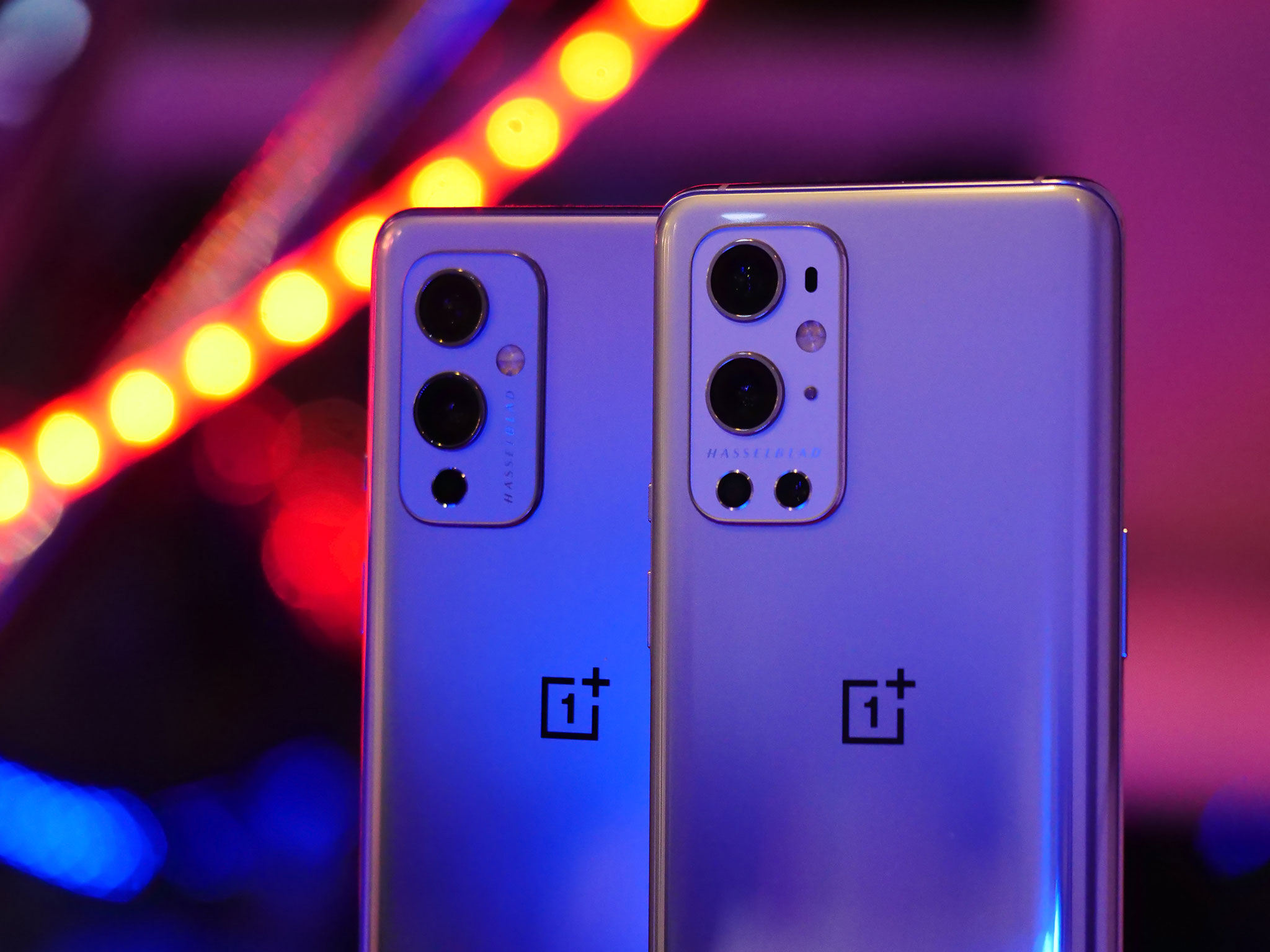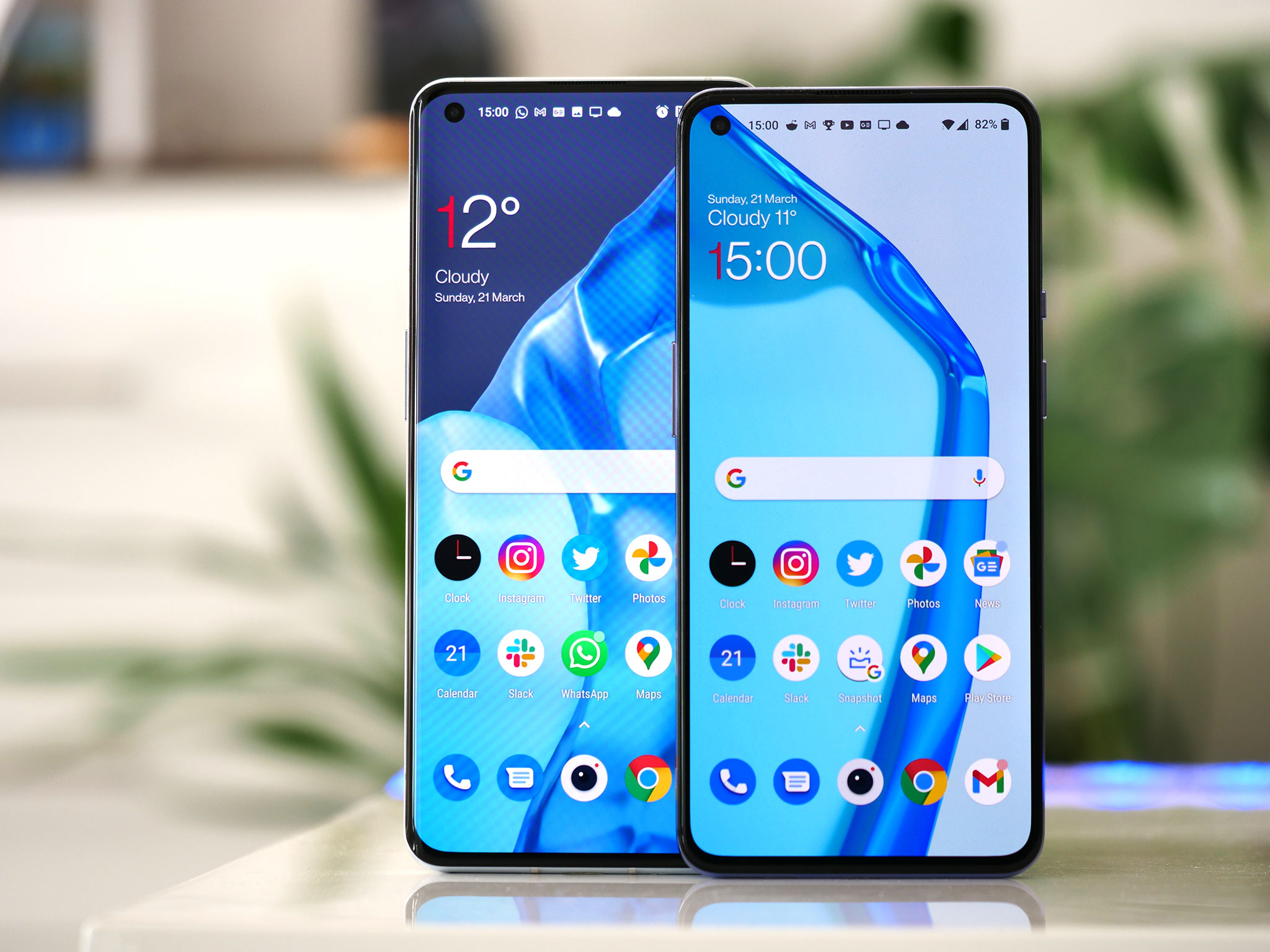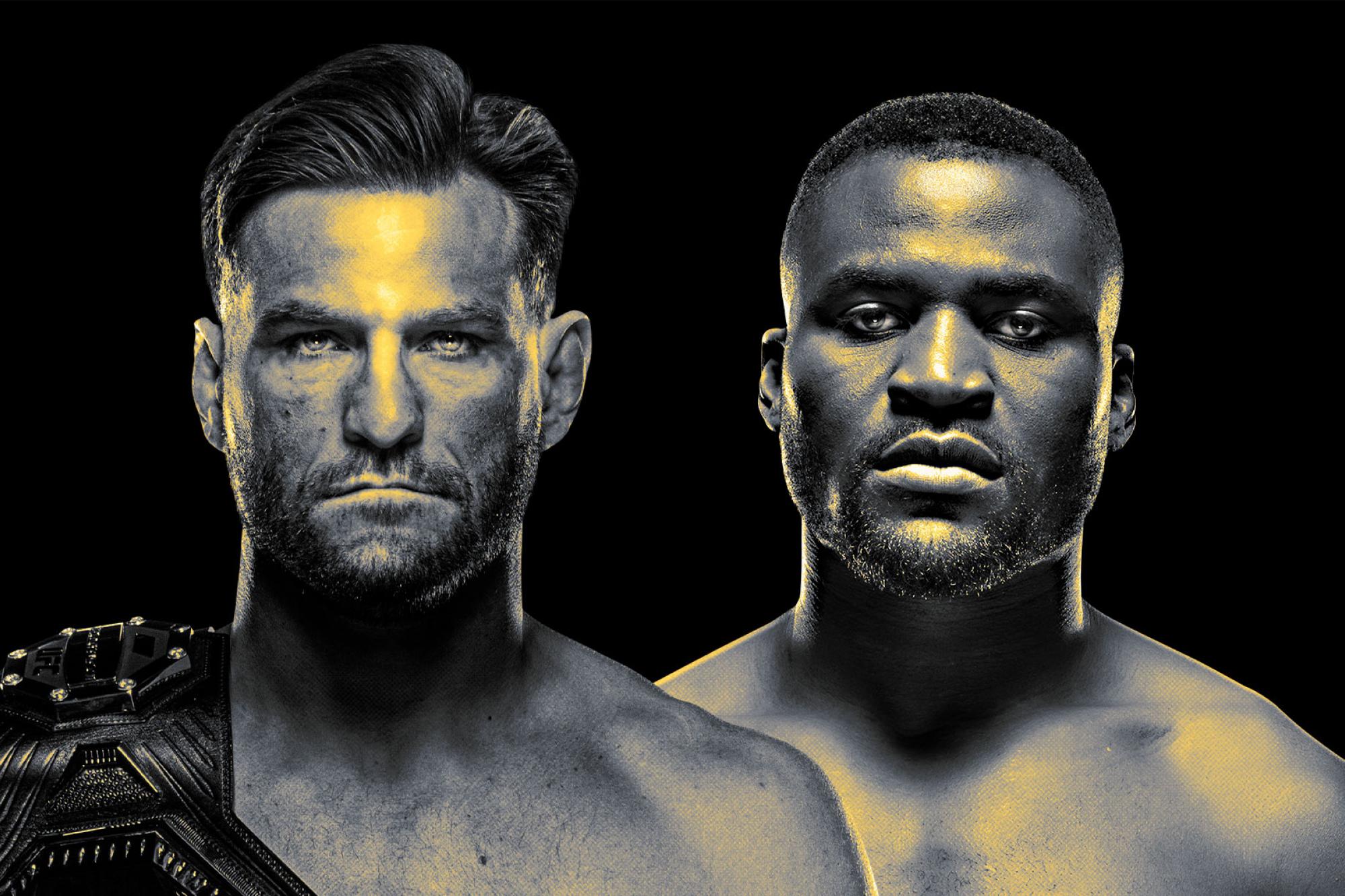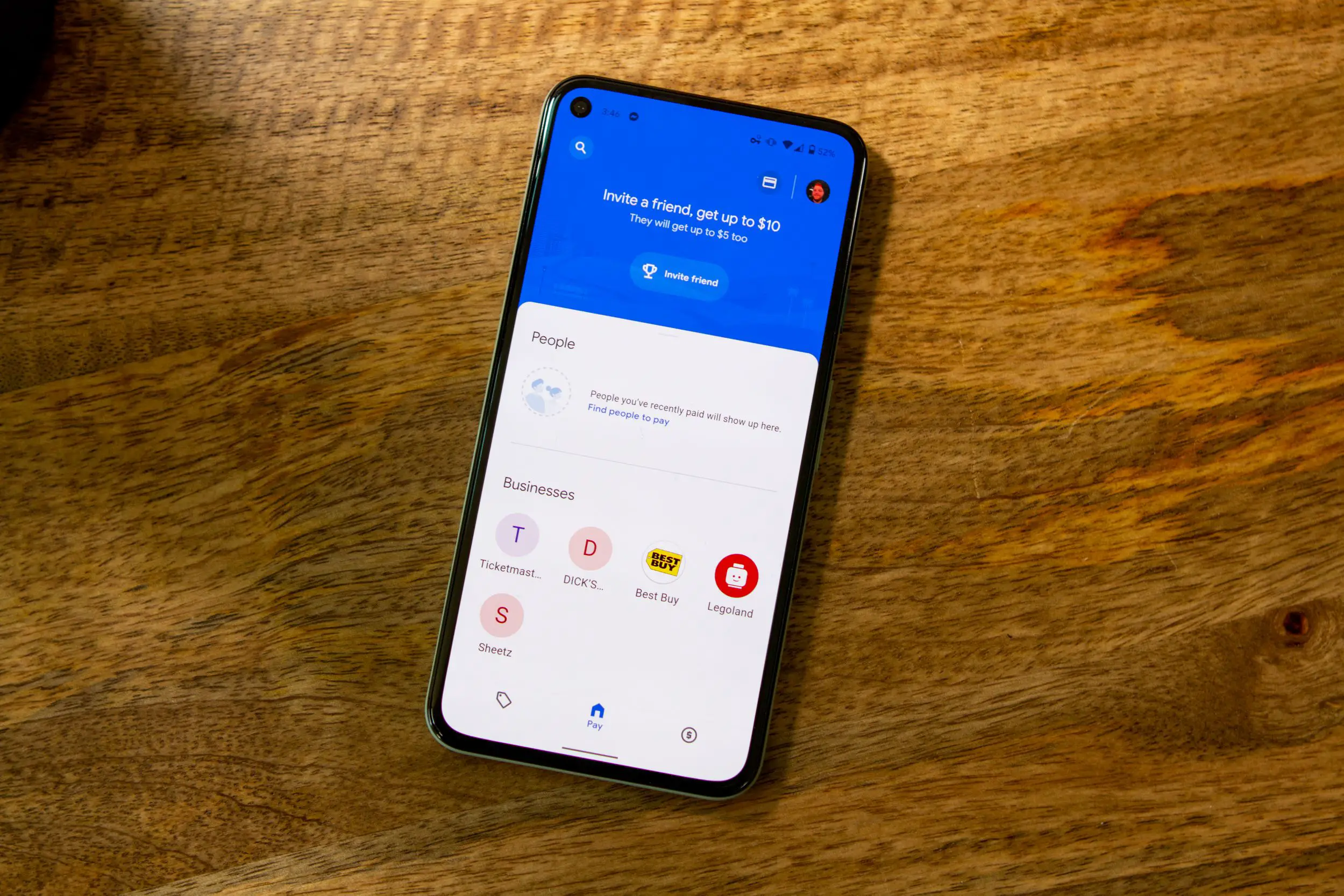From the Editor's Desk - Charting the OnePlus 10 and beyond - Android

OnePlus has come a long way in recent years — so where must it improve, and what's next?
This week's launch of the OnePlus 9 series is an important milestone for what was once a plucky upstart brand. With these Hasselblad co-branded handsets, OnePlus has reached an important milestone on the journey it began two years ago with its first true premium flagship, the OnePlus 7 Pro. It's now a fully-fledged, big-boy phone company competing in the same space as Samsung, producing some of the best Android phones on the market.
Sure, you could argue that any niche smartphone brand will eventually fizzle out or go mainstream — and as such, that OnePlus would inevitably, in time, either die out or turn into what it is today. (YouTuber TechAltar made this case in a video from way back in 2017, entitled "Why enthusiast brands will betray you".) But still, the company's evolution over the past few years has been compelling to watch. OnePlus has certainly changed more than any other phone brand during that period — though not always for the better.
With the launch of the 9 series, OnePlus's transformation is complete.
For its first three years, it dropped just one major product annually, with a focus undercutting the competition on the balance of price and specs. In 2021, OnePlus offers not just the flagship OnePlus 9 Pro with its near four-figure starting price, but also an extensive loadout of cheaper Nord devices and various "T" models, along with countless accessories. And they're sold not just directly to a small number of fans but through carrier partnerships around the world.
On the one hand, OnePlus is more successful today, flexing with premium handset designs and making major strides in mobile photography — even before the recent Hasselblad partnership. But it has arguably regressed in other areas. Its phones generally receive only bi-monthly security patches and are guaranteed Android platform updates for just two years, versus three years for Samsung and Google, which push out security patches every month. Some cheaper OnePlus phones will see just one platform update in their lifespan and the bare contractual minimum of one security patch every three months as mandated by Google.
What's more, many in the Twittersphere have pointed out that even OnePlus flagships are often forgotten once they're no longer the new hotness. After one quick platform update — for example, Android 10 on the OnePlus 7 series — even high-end models are left to languish on older versions of the OS for longer than many rivals.
Samsung runs rings around OnePlus in terms of software support
So over the next twelve months, OnePlus needs to show that it can compete with the big-name phone brands not just in terms of design, specs, and hype, but long-term software support across its entire product range. While prices differ from country to country, a significant chunk of the world will pay just as much for a OnePlus 9 Pro as they will for a Galaxy S21 Ultra. In return, they'll get an inferior support lifespan from the OnePlus phone. With Qualcomm, Samsung, and Google already working together to ensure some Snapdragon 888-powered phones are supported through Android 14, much of the technical heavy lifting in the Android code base will have already been done.
The bar is even lower for cheaper OnePlus Nord devices like the N10 and N100, which shipped on Android 10 and have yet to receive their one promised upgrade to Android 11. These phones, launched in late 2020, will not receive any platform updates beyond the version of Android released in their year of launch.
Needless to say, there's ample room for OnePlus to improve in terms of support across its entire range of phones, and few excuses remain for it to continue dragging its feet.

Where OnePlus has shown the greatest improvement over the past year is, without a doubt, in photography. As we've shown in our OnePlus 9 Pro review, the company's latest flagship matches Samsung in many key areas like low-light photography and video.
OnePlus's investment in mobile photography is starting to pay off.
These advancements have been a long time coming, no doubt helped along by the firm's camera lab in Taipei, set up in 2019. And the relationship with Hasselblad — which a source tells me is just over six months old — will also help in the future. As we know from the relatively slow pace of Huawei's partnership with Leica, these things can be slow to bear fruit. So perhaps the OnePlus 10 and OnePlus 11 will be the real test of this joint venture.
At the same time, OnePlus is pooling photographic resources with its sister brand Oppo. In fact, of the two, OnePlus seems to have been pushed as the major camera-centric phone brand this year. That's a significant development given that Oppo's brand is synonymous with the term "camera phone" in many of its ads across Asia.

High-quality mobile imaging is one of a small number of remaining justifications for a $1,000 smartphone, as evidenced by Samsung's current flagship and its impressive quad-camera setup. And so, if OnePlus is set on making a name for itself in the tip-top premium segment, it has to nail photography next year and every year after. The company has made strides towards that goal over the past twelve months, but its continued success in 2022 and beyond will depend on catching up to Samsung and Huawei in telephoto photography, where it currently lags behind.
OnePlus also faces challenges in the U.S., where its new phones aren't yet certified for 5G on one of the three major carriers. And OnePlus's latest devices are comparatively more expensive in the states, too, with the 9 Pro lining up right next to the recently discounted Galaxy S21 Ultra. (Compare that to the same phone's £829 starting price in the UK.) These teething problems will need to be ironed out if OnePlus is to avoid losing its foothold in the U.S. market.
Nevertheless, OnePlus has outlasted many of its more established competitors over the past seven years and has its strongest high-end lineup ever with the 9 series. As it branches out into smartwatches, headphones, and other gadgets, it's going to be fascinating to see how the story continues.
28/03/2021 04:00 PM
Save $100 on the Xgimi Mogo Pro, a stellar portable 1080p projector - CNET
28/03/2021 04:47 PM
Weekend poll - Are you going to buy a OnePlus 9 or 9 Pro
28/03/2021 04:35 PM
Launch Your Side Hustle with Your Android Phone
28/03/2021 12:00 PM
Record every detail with Anker's C2 Pro dash cam on sale for $100 today
28/03/2021 12:04 PM
We’ll show you how to get a UFC 260 live stream from anywhere in the world
28/03/2021 03:25 AM
Winners and losers of the week - Consumers take the crown!
28/03/2021 01:00 PM
How to set up Google Pay
28/03/2021 02:00 PM
- Comics
- HEALTH
- Libraries & Demo
- Sports Games
- Racing
- Cards & Casino
- Media & Video
- Photography
- Transportation
- Arcade & Action
- Brain & Puzzle
- Social
- Communication
- Casual
- Personalization
- Tools
- Medical
- Weather
- Shopping
- Health & Fitness
- Productivity
- Books & Reference
- Finance
- Entertainment
- Business
- Sports
- Music & Audio
- News & Magazines
- Education
- Lifestyle
- Travel & Local







